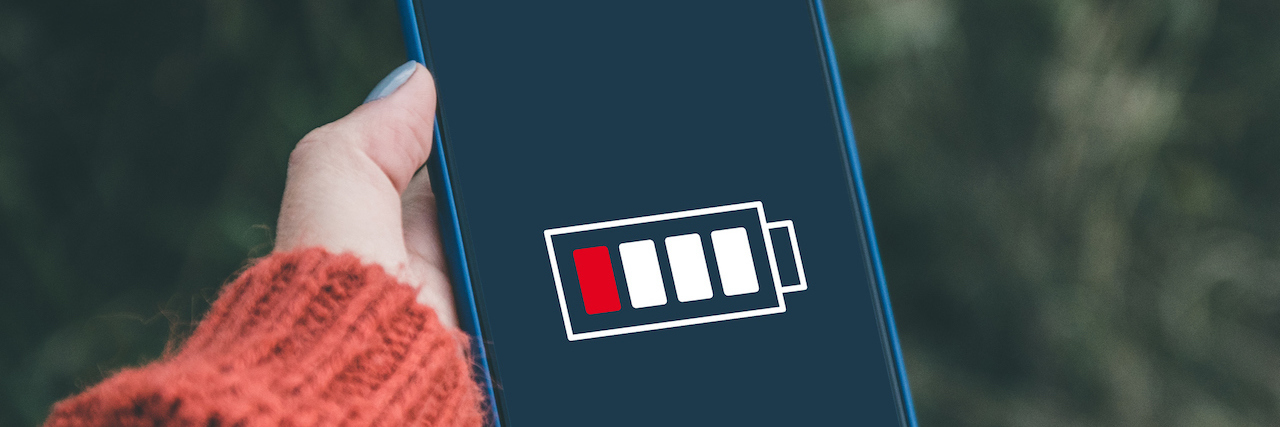Trying to explain how it feels to wake up every morning with a chronic illness is hard to describe to someone who has never experienced it. Some symptoms simply can’t be put into words. They are indescribable. One of the crushing symptoms that many people with a chronic illness experience is fatigue. Fatigue is an overwhelming feeling of exhaustion for no reason in particular. No amount of sleep can touch this exhaustion. It is not from exercising or having a long work day – it is simply from existing.
Many times our energy is limited due to our illnesses. If we overexert ourselves, we will likely crash for the following days, or it could even cause a flare of our illness. Due to this, we must prioritize activities during the day in order to not overdo it. A commonly used explanation for this rationing of energy is called the spoon theory. In the spoon theory, spoons represent your energy during the day. You can choose what you want to spend your spoons on – a shower, doing the laundry, cooking dinner, etc. I love using this explanation, but I find it can still be difficult to understand for people who wake up with unlimited spoons (energy).
Recently, I’ve begun to use my phone battery as a representation of my energy. Having a chronic illness is like waking up in the morning with your phone battery only 20 percent charged. When you wake up on reserve power, you do everything possible to make the battery last for the entire day, so you have to make tough decisions on activities to pass up. You don’t have enough phone battery to spend on social media, YouTube or games. You only use your phone for mandatory things like phone calls, or it will die early in the day and no one will be able to reach you. Many healthy people wake up with 100 percent battery, and they have opportunities to recharge their phone all day (in the car, at work, etc.).
Sometimes having a chronic illness is like having a faulty battery too. You may think you still have 10 percent battery, but then your phone just shuts off randomly. That’s it. No more phone for the day – without any warning. Chronic illness symptoms and flares can hit out of nowhere with no warning. Your chronic illness doesn’t care if you have a social function, work or a family event. When your battery dies, it dies.
But like a phone battery, you can ration energy as well. If you only use five percent of your battery one day, you might wake up with 25 percent the next morning. You can continue building up energy if you know you’re going to need it at an upcoming function. Although, with the faulty battery thing – it might just die out of nowhere even when you’ve saved up energy for days and thought you had 50 percent.
If you’re like most people, you might have a sense of worry or anxiety when your phone battery gets below 10 percent, and you begin looking for a charger. That sense of anxiety is a common feeling to chronic illness patients whenever we try to make plans, especially ones in the future. We never know how much battery power we’re going to have next week or next month, so it is hard to commit to something. We never know if our phone battery is going to die part way through an event and we’ll need to leave early.
We feel guilty that our phone battery is faulty – even though it is not our fault. We feel like we are labeled as flaky every time our phone battery dies without warning, even though there was nothing we could have done about it.
Although some activities are worth draining the battery. Some events are worth having a dead battery for a few days. We still want to be invited to these things even if we may not be able to attend. I hope this will help you learn to appreciate having a good phone battery with a charger, because not everyone does.
Getty image by Irina Shatilova

